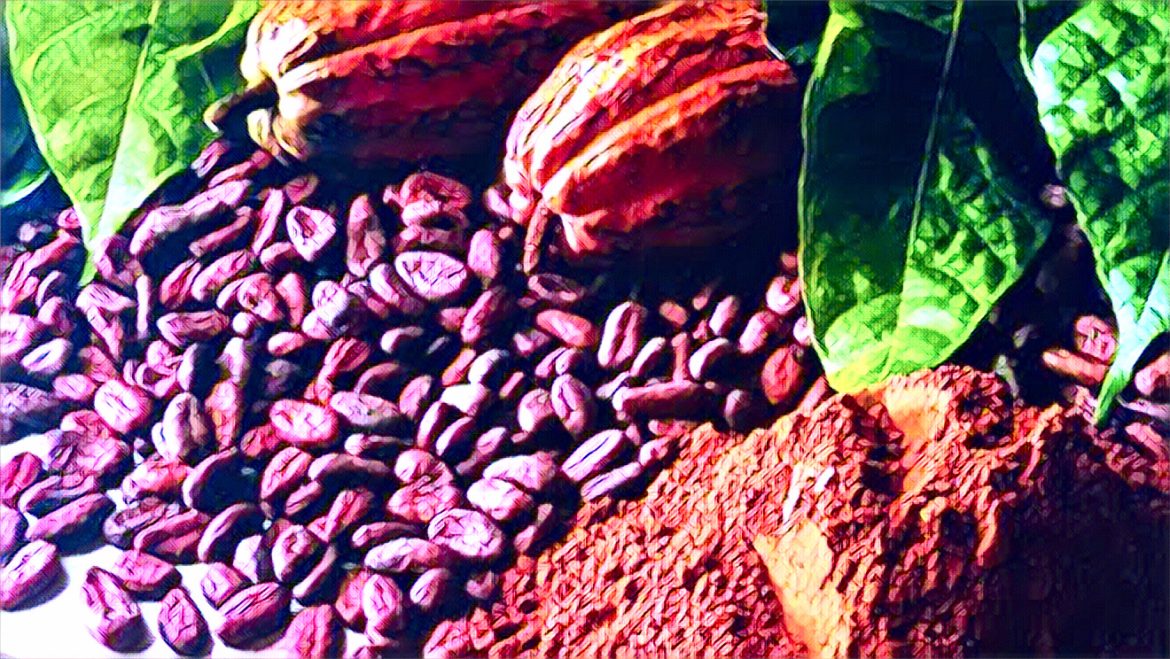Ghana, a nation synonymous with rich, dark chocolate, is facing a challenge to its crown as a leading cocoa producer. The CEO of Ghana Cocoa Board (COCOBOD), Joseph Boahene Aidoo, recently linked the rising global cocoa prices to a decline in production within Ghana and neighboring Ivory Coast. He identified climate change, particularly shorter rainy seasons and increased heat, as significant threats to cocoa crop yields.
Weather Disruption and Declining Yields
Speaking at a conference of the Cocoa Research Institute Workers Union (CRIWU-TUC), Mr. Aidoo highlighted the negative impact of inadequate rainfall on cocoa production. These altered weather patterns have resulted in lower cocoa bean yields, contributing to the recent surge in global cocoa prices. Ghana, often referred to as the “Chocolate Heart of Africa,” is the world’s second-largest cocoa producer, and any production decline has a significant ripple effect on the global chocolate industry.
Despite these challenges, Mr. Aidoo expressed optimism about Ghana’s ability to adapt to climate change. He pointed to the country’s existing infrastructure for cocoa cultivation as a crucial advantage. This infrastructure includes a network of research stations, extension officers, and established farming practices. However, Mr. Aidoo acknowledged the need for further adaptation measures.
Boosting Climate-Resistant Cocoa Research
A key player in Ghana’s adaptation strategy is the Cocoa Research Institute (CRIG). Mr. Aidoo emphasized CRIG’s critical role in addressing climate change’s impact on cocoa production. He reaffirmed the government’s commitment, through COCOBOD, to provide resources to CRIG researchers and scientists. These resources will support the development of new cocoa strains that are more resistant to drought and heat stress.
Mr. Aidoo underscored the importance of maintaining a spirit of collaboration within the cocoa sector. He emphasized the need for continued “industrial harmony” between CRIG, COCOBOD, and cocoa farmers. This collaborative approach is essential for overcoming the challenges posed by climate change. Ghanaian authorities are aware that not only are farmers impacted by lower yields, but also the nation’s economy, which relies heavily on cocoa exports.
Beyond National Borders: A Global Challenge
The situation in Ghana highlights a global challenge. Climate change is threatening cocoa production in many regions, not just West Africa. According to the World Cocoa Foundation, rising temperatures, erratic rainfall patterns, and increased pest and disease outbreaks are all contributing to declining cocoa crop yields. This underscores the need for international cooperation in developing climate-resilient cocoa varieties and promoting sustainable farming practices.
The rising cost of cocoa raises concerns for consumers worldwide. However, the bigger concern lies with the future of cocoa production itself. If Ghana and other major producers cannot adapt to climate change, the global chocolate supply chain could face significant disruptions. Ghana’s efforts to develop climate-resistant cocoa strains and promote sustainable farming practices offer a glimmer of hope. However, time is of the essence, as both the global cocoa industry and millions of chocolate lovers have a vested interest in a successful outcome.
Source: Graphic Online





4 comments
Your article helped me a lot, is there any more related content? Thanks!
Your point of view caught my eye and was very interesting. Thanks. I have a question for you.
Thanks for sharing. I read many of your blog posts, cool, your blog is very good.
**mitolyn reviews**
Mitolyn is a carefully developed, plant-based formula created to help support metabolic efficiency and encourage healthy, lasting weight management.